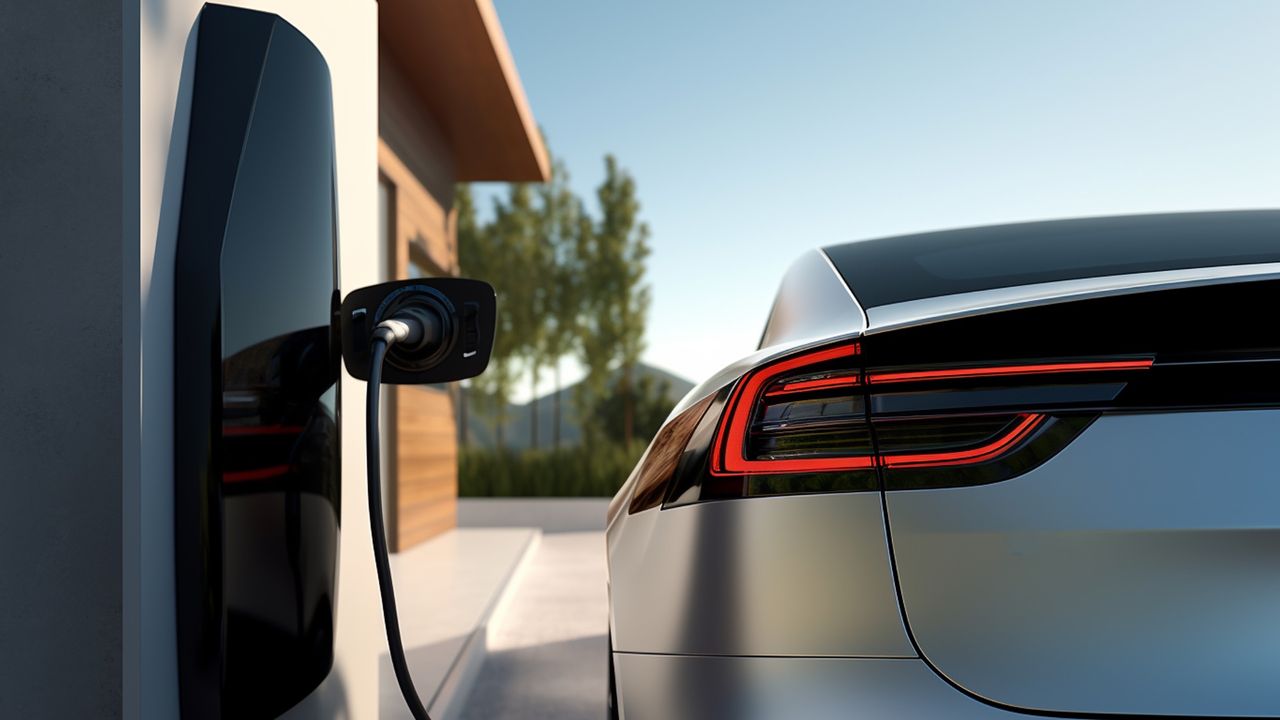Advantages of Electric Cars over Internal Combustion Engine Vehicles
Electric cars have gained significant popularity in recent years due to their numerous advantages over internal combustion engine (ICE) vehicles. These advantages not only benefit individual car owners but also contribute to a more sustainable and environmentally friendly future.
Savings
One of the key advantages of electric cars is the potential for significant savings. Electric vehicles (EVs) have lower operating costs compared to ICE vehicles. The cost of electricity to charge an EV is typically much lower than the cost of gasoline or diesel fuel. Additionally, electric cars require less maintenance since they have fewer moving parts, eliminating the need for oil changes and other costly engine-related services.
Moreover, governments and organizations often provide incentives and tax credits for purchasing electric cars, further reducing the upfront cost. These savings can make electric cars a more affordable option for many consumers.
Sustainability
Electric cars play a crucial role in promoting sustainability. Unlike ICE vehicles, which rely on fossil fuels that contribute to greenhouse gas emissions and climate change, electric cars produce zero tailpipe emissions. This means they do not release harmful pollutants into the air, improving air quality and reducing the overall carbon footprint.
Furthermore, electric cars contribute to the conservation of non-renewable resources. As the world’s fossil fuel reserves continue to deplete, transitioning to electric vehicles helps reduce our dependence on these finite resources. Instead, EVs rely on electricity, which can be generated from renewable sources such as solar, wind, and hydroelectric power.
Renewable Resources
Electric cars are highly compatible with the use of renewable resources. With the increasing adoption of renewable energy sources, such as solar panels and wind turbines, EV owners have the opportunity to power their vehicles with clean and sustainable electricity.
By utilizing renewable resources to charge electric cars, individuals can further reduce their carbon footprint and contribute to a more sustainable energy system. This synergy between renewable energy and electric vehicles creates a positive feedback loop, where the growth of one supports the growth of the other.
Conclusion
Electric cars offer numerous advantages over internal combustion engine vehicles. They provide significant savings in terms of operating costs and maintenance. Moreover, electric cars contribute to a more sustainable future by reducing greenhouse gas emissions and conserving non-renewable resources. By utilizing renewable energy sources, electric cars become even more environmentally friendly and help promote the growth of renewable energy infrastructure.
